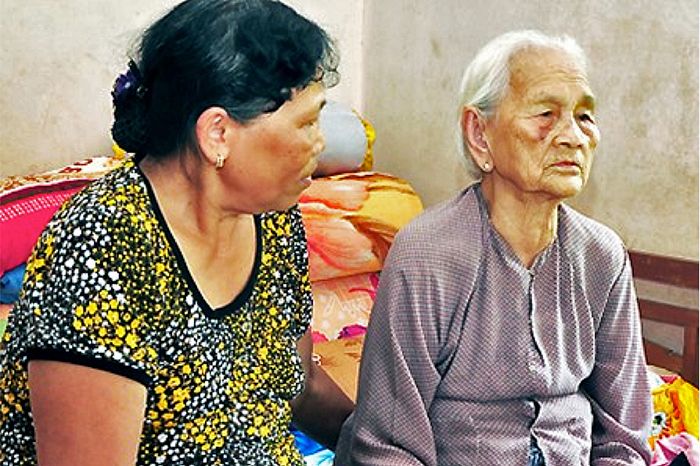The future of the Mekong Delta is growing increasingly uncertain due to the pressures of climate change and increasing development of hydroelectric power upstream in Laos, China and Cambodia.
Related Articles:
- New Laos Dam Could “Kill” The Mekong Delta: Experts
- Is Vietnam Committing Tourism Suicide?
- Report: Vietnam in Top 10 for Worst Air Pollution
According to Dao Xuan Hoc, Professor at Vietnam’s Water Resources University, the impact of upstream dams is already being felt by the Mekong’s residents, reports Thanh Nien.
“Vietnam's downstream communities have already suffered from damage caused by salinization and erosion brought on by upstream dams,” he said at a conference in Ho Chi Minh City on Monday where other officials warned that Vietnam could lose 40 percent of the Mekong Delta over the next century.
In recent years, China has built seven dams and has plans or is in the process of building 20 more. Further, Cambodia and Laos have plans for 11 more of their own.
The Mekong is vitally important to the economy of Vietnam, and Deputy Prime Minister Hoang Trung Hai highlighted this sentiment at the recent forum.
“The Mekong Delta supports 27 percent of Vietnam's GDP, 90 percent of its rice exports and 60 percent of fishery exports. However, the region is facing enormous challenges related to water resources, salinization and other negative impacts of climate change.”
Though there are international lawsuits pending against banks funding some of these dams, the increasingly electricity-hungry countries in the region need more power to accommodate economic growth and increased standards of living for their citizens, both of which help guarantee political stability.
While farmers can adapt to climate change, and the issue of pollution addressed, the building of dams could prove irreparable according to Dr. Duong Van Ni of Can Tho University.
“While we’re busy adapting to climate change and rising sea levels, the dam will come like a hit to the back of the head. It will be the fatal blow,” Ni said.
[Thanh Nien // Top image via the United Nations]














